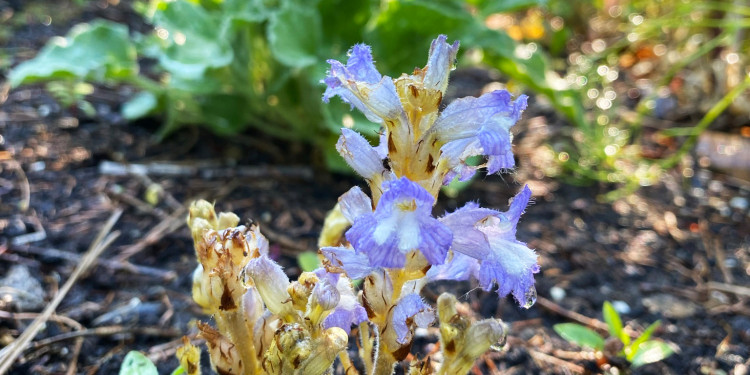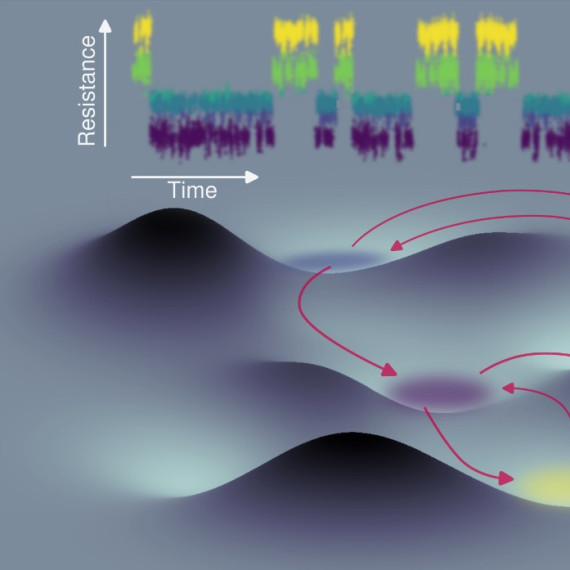

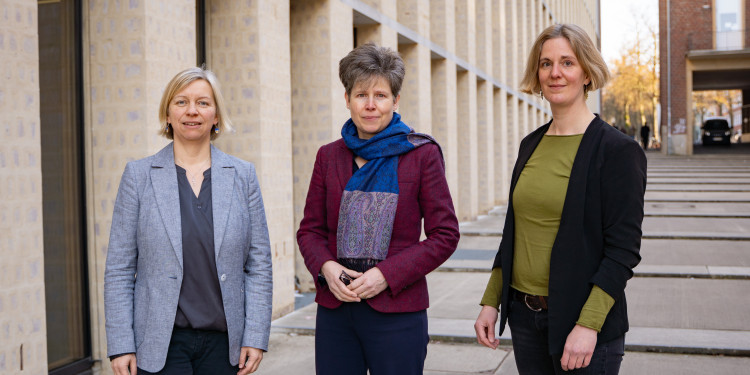
“We would run the risk of getting arrested”
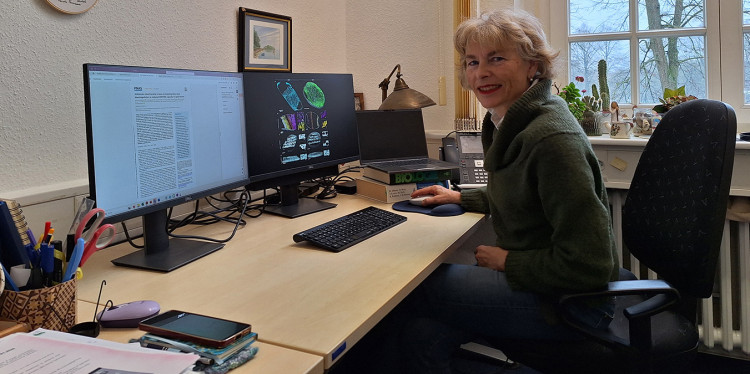
Cell biologist investigates changes in the ‘power plants’ of ageing heart muscle cells
Events
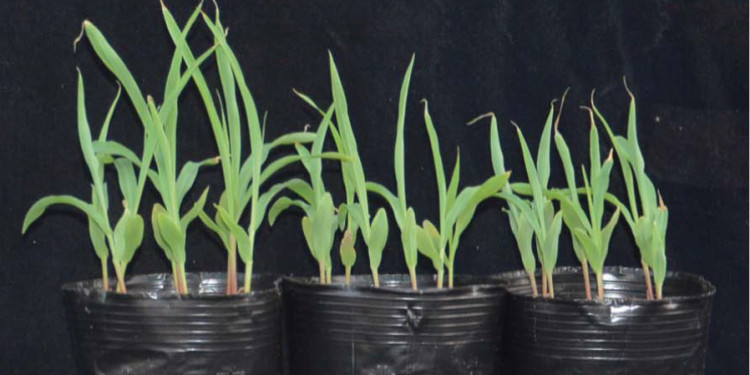
Research team discovers new mechanism of salt tolerance in maize
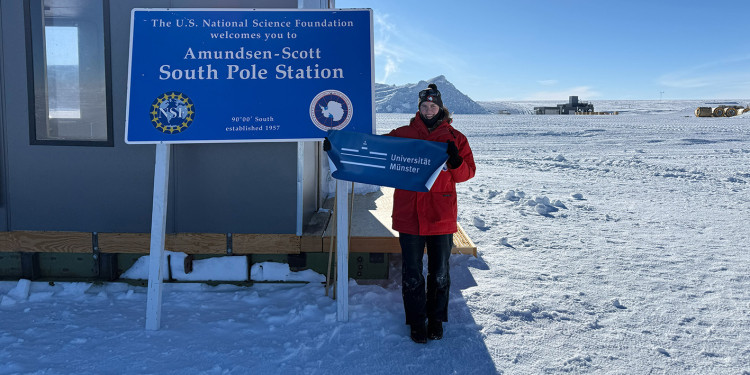
PhD student Berit Schlüter provides an insight into her life on the South Pole
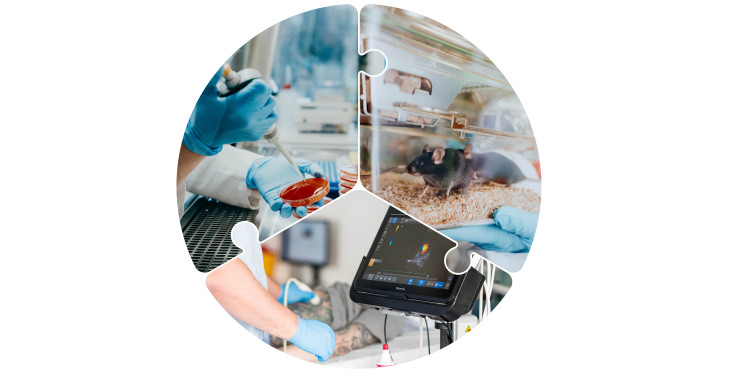
How Münster, as a Centre of Medicine, transfers knowledge faster to patient care
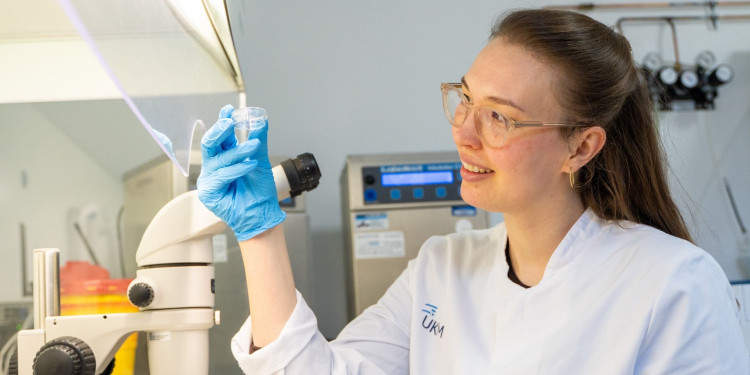
Investigating the pathways to a successful pregnancy
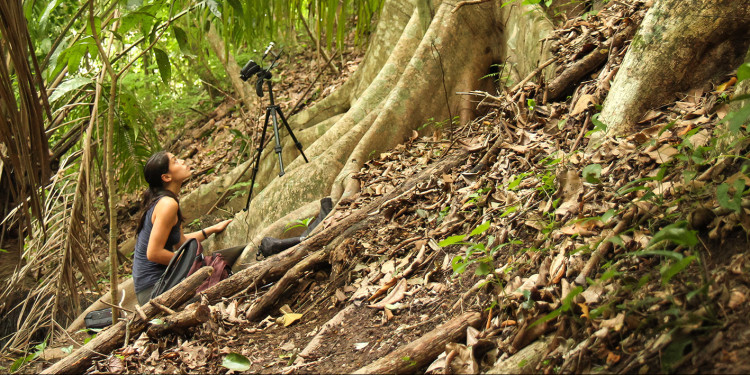
Ahana Fernandez does research in the rainforest in Panama

A temptation with a loophole
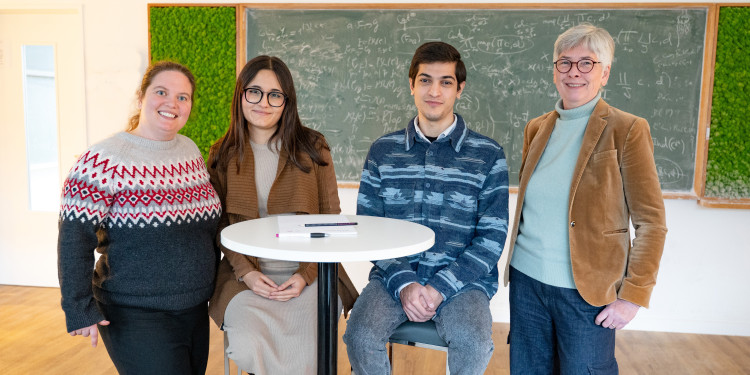
Funding for two exceptional mathematics students
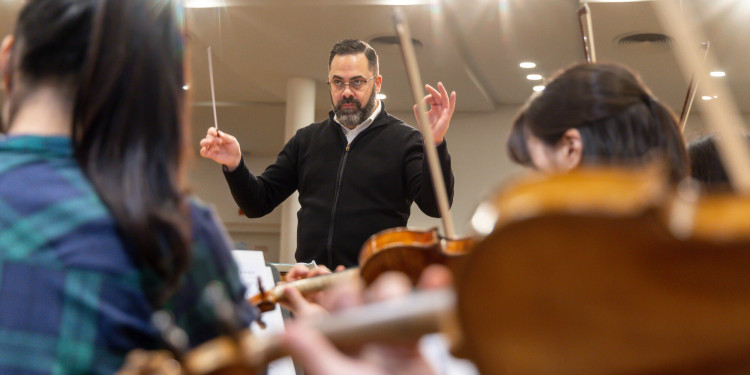
Interview: Miloš Dopsaj on the tasks, efforts and challenges of being a conductor
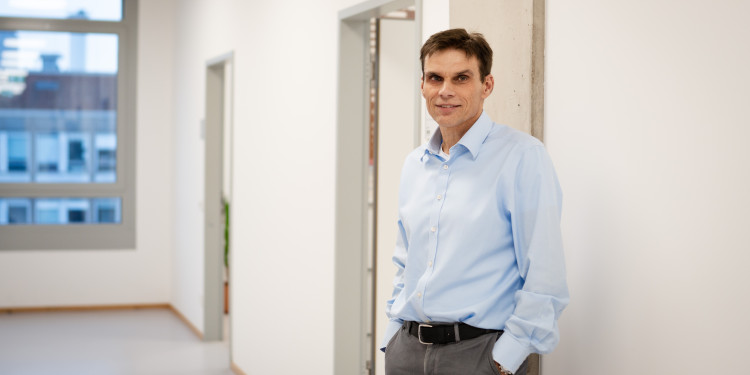
Leibniz Prize for chemist Armido Studer
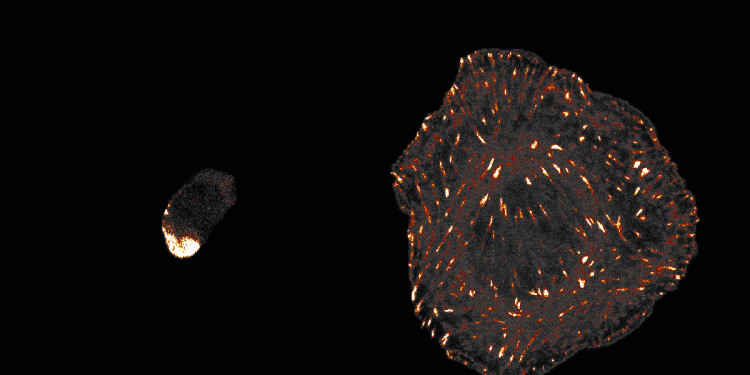
Biologists reveal ancient form of cell adhesion
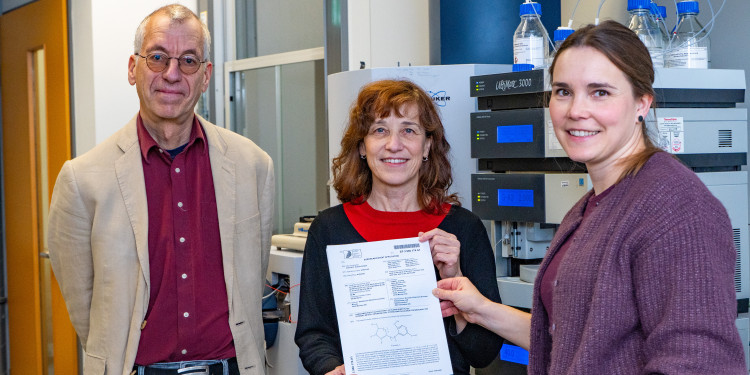
From a lime to a patent
Your search did not match any of our news releases.
Suggestions:
- Make sure that all words are spelled correctly.
- Try different keywords.
- Try more general filters.
- Expand the period of time.

